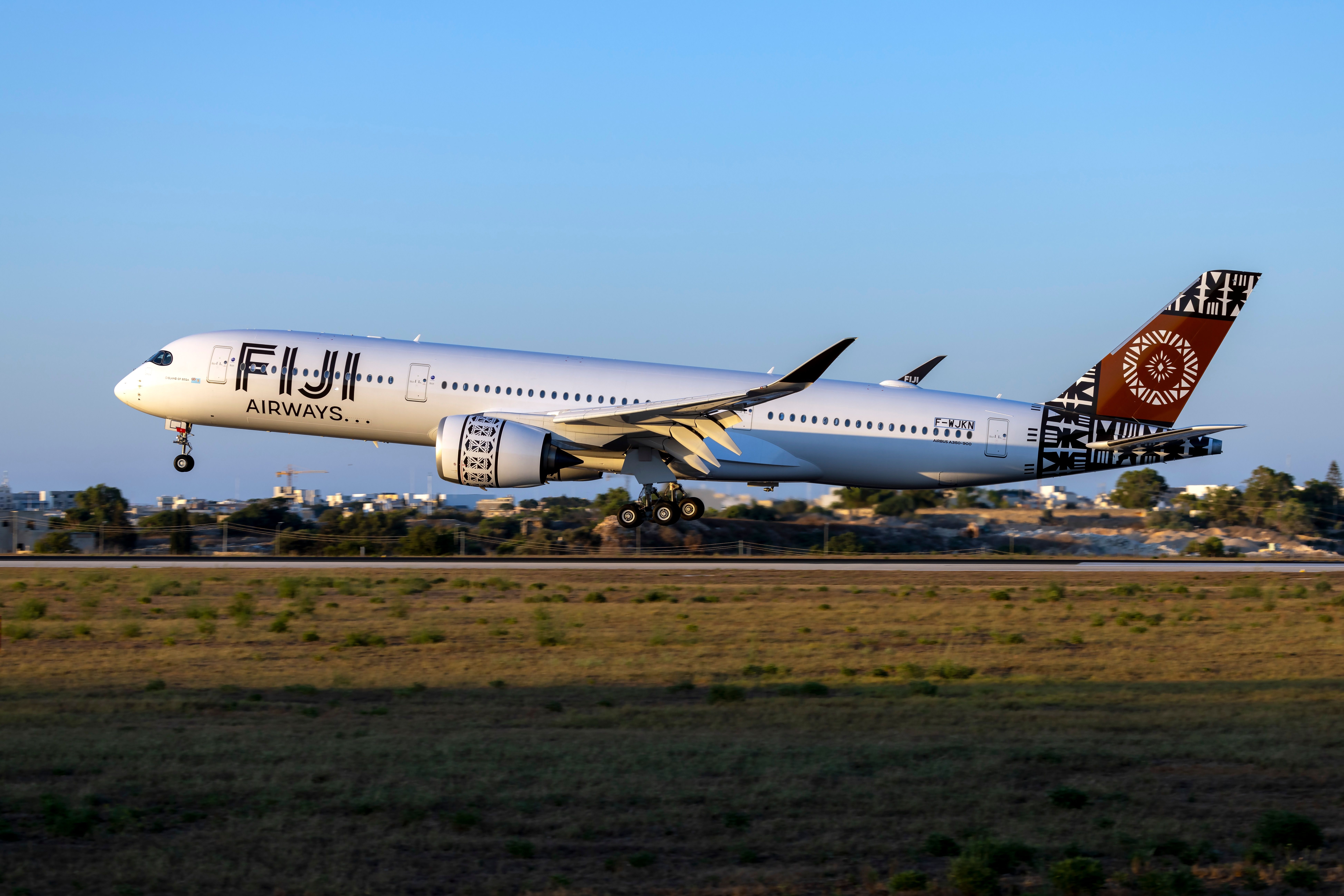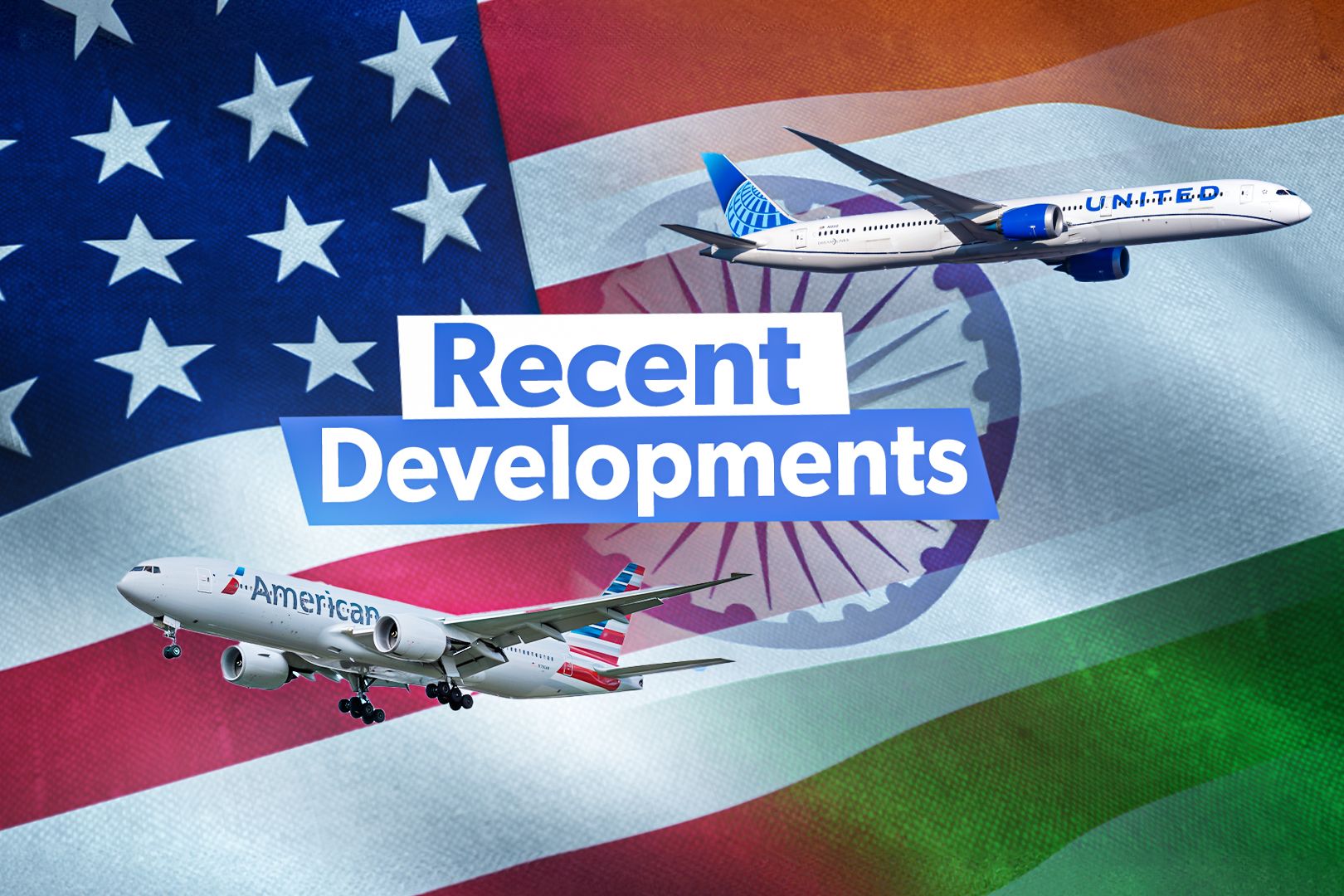Thursday, August 22, 2024 A new report from Allied Market Research, titled “Wellness Tourism Market by Service Type, Location, Travelers Type: Global Opportunity Analysis and Industry Forecast, 2021–2030,” presents an in-depth analysis of prime investment opportunities, successful strategies, market drivers, opportunities, and market size projections. The report also examines the competitive landscape and evolving market trends. The global wellness tourism market, which was valued at $801.
6 billion in 2020, is expected to grow to $1,592.6 billion by 2030, with a compound annual growth rate (CAGR) of 7.2% from 2021 to 2030.

The Ministry of Tourism has implemented numerous initiatives to position India as a leading destination for medical and wellness tourism. To advance this effort, the Ministry has established the National Medical and Wellness Tourism Board, chaired by the Minister of Tourism, which focuses on promoting medical, wellness, and Ayurveda tourism. The wellness tourism market is driven by several key factors, including the rise of the global middle class, an increasing preference for healthier lifestyles, a growing interest in experiential travel, and the greater accessibility of flights and travel options.
Europe continues to be the top destination for wellness trips, while North America leads in spending on wellness tourism. The Asia-Pacific region has seen significant growth in both the number of wellness trips and spending on wellness tourism, fueled by strong economies and a burgeoning middle class. Both the tourism industry and the broader wellness economy are expected to grow faster than the global economy.
Wellness tourism lies at the intersection of these two sectors, providing substantial opportunities for stakeholders such as the hospitality industry, wellness businesses, and the governments of destination countries and regions to benefit from this rapidly expanding market. Wellness tourism refers to travel with the purpose of maintaining or improving one’s health. It is motivated by a desire for a healthier lifestyle, stress reduction, the management of unhealthy habits, and the pursuit of authentic experiences.
Consumers are reclaiming travel as a source of relaxation, renewal, exploration, joy, and self-actualization through wellness tourism, which promotes health and personal well-being through various physical, psychological, and spiritual activities. This sector also encompasses transportation, accommodation, food and beverage, shopping, and other services. The Ministry of Tourism has developed a draft national strategy and roadmap for the medical and wellness tourism sector to ensure its effective operation.
The Ministry is seeking feedback, comments, and suggestions on this draft from relevant Central Ministries, State Governments/UT Administrations, and industry stakeholders to make the strategy more comprehensive. Meanwhile, the Global Wellness Institute has launched a Wellness Tourism Initiative to increase awareness, knowledge, and opportunities in this rapidly growing segment of global tourism. As wellness tourism continues to gain momentum, Ayurveda institutes, hostels, and hospitality chains such as Airbnb, as well as wellness centers and resorts, have seen a significant uptick in appointments and inquiries.
Data from online booking platforms reveal a staggering 1000% increase in daily reservations at wellness-focused resorts and institutes. Airbnb has also noted a growing demand for rural destinations. With the acceleration of vaccination efforts, people are increasingly eager to return to their travel routines.
However, most tourists are likely to opt for domestic and regional attractions. In the United States, the travel industry appears to be predominantly confined to domestic boundaries. American travelers are showing a preference for exploring exotic locations within the country, with minimal interest in international tourism.
The demand for destinations such as mountains, lakes, and coastal areas in the U.S. is on the rise, driven by increasing travel costs in traditionally popular spots.
Tavistock Development Company has announced plans to construct an innovative wellness, performance, and medically integrated exercise center in Lake Nona, Orlando. This project, in collaboration with Signet LLC and its subsidiary Integrated Wellness Partners (IWP), aims to create one of the largest wellness campuses in the nation. The new facility will offer an extensive range of health and wellness programs and services, catering to the entire community.
Key Companies Highlighted in This Report Include: Advantages for Stakeholders:.



















